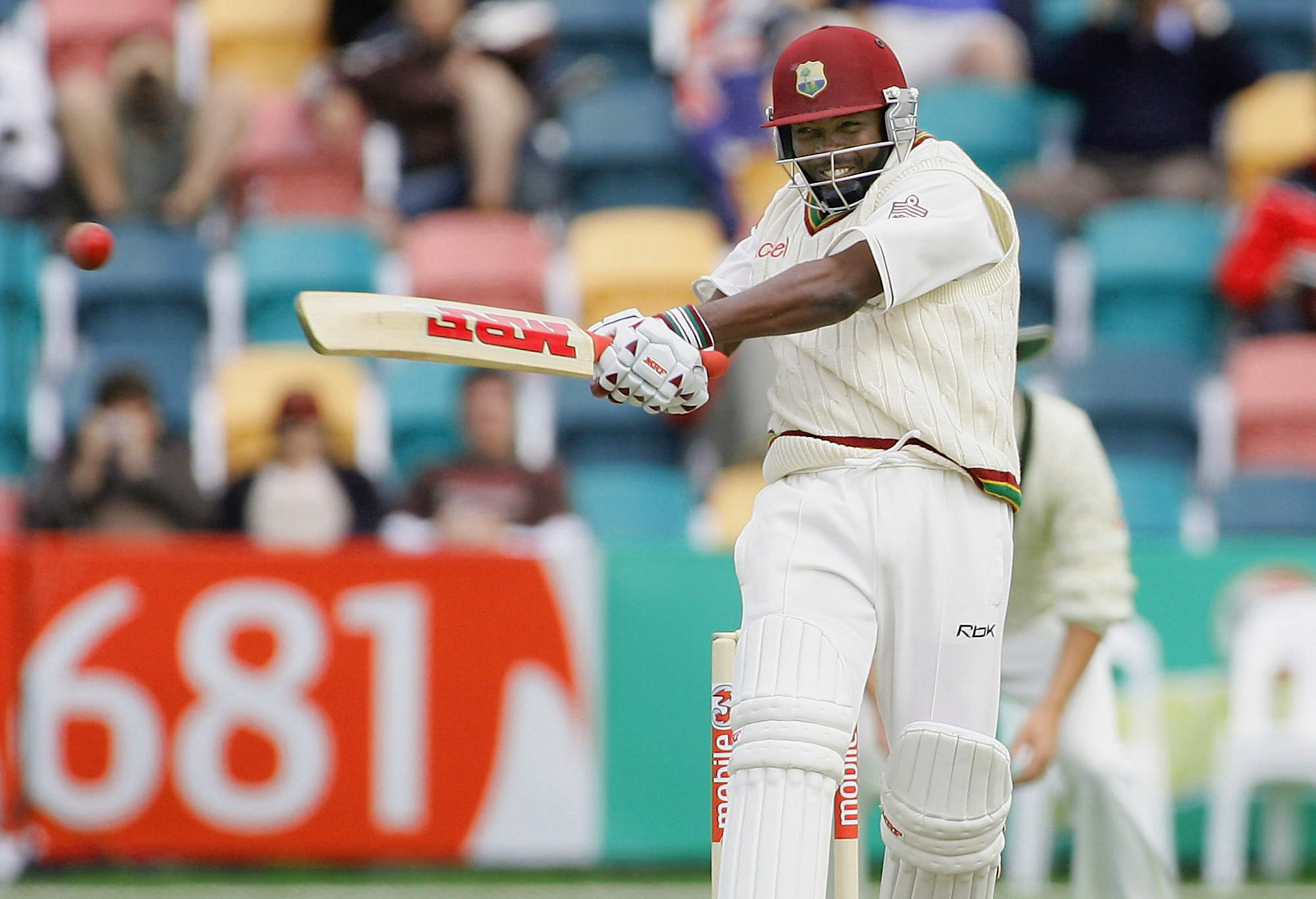
Cricket sets itself high moral principles which it constantly struggles to live up to but it is often the very existence of these principles which make the game so appealing.
Terminology such as “a gentleman’s game” (although Freddie Trueman had his own definition of what a gentleman actually was), “it’s just not cricket old boy” and even an episode of Australian children’s TV show “Bluey” all refer to the principles of fair play upon which the game was supposedly based.
Terminology such as “accepting the umpire’s decision” have crossed over from cricket into the broader vernacular to refer to situations where you accept when things go against you.
Sports journalist Rob Steen described the act of walking as being crickets trickiest ethical dilemma – professionalism vs honesty, pragmatism vs principle.
There appears nowhere to hide from the crosshairs of public and media opinion both good and bad.
The classic example arose in Cape Town in 1965 in a match between England and South Africa. Eddie Barlow appeared to give a catch to short leg. Umpire John Warner turned down the vigorous English appeal. Barlow went on to make a century which not only did Mike Smith’s England pointedly fail to applaud, they even more pointedly over-compensated in their congratulations when his partner, Tom Pithey reached 50 to further highlight their displeasure.
Smith’s side was castigated in the press of both countries with common claims that their behaviour had descended to a deplorable level.
When England batted, Ken Barrington played a ball on the bounce to short leg and made as if to walk off. The crowd getting the joke, were entertained by his levity. A short time later, however, with umpire John Warner again officiating, he edged one to Denis Lindsay.
An appeal went up and both Warner and Barrington appeared to hesitate momentarily, before Barrington, renowned as a fair player trudged off without being given out.
Barrington later commented that he felt he just couldn’t stay there. Matters of principle and sportsmanship were involved.
He stated that he stood there turning over in his mind the newspaper articles he had read saying that players should leave it up to the umpire but in the end knew he was out and walked.
The spectators applauded. The press did not. They were intensely critical that it had taken Barrington so long to walk off.
The Rand Daily Mail described it as “an ostentatious act which bordered on gamesmanship” saying Barrington had made Warner the subject of ridicule and contempt.
Fleet Street’s Daily Mail said his action “smacked of ‘we chaps know how to play the game even if you lot don’t’”.
Barrington issued an apology saying “I can only blame my hesitation on my own indecision. I simply got terribly involved in the rights and wrongs of walking.”
Two such incidents simply had to coincide in a match at some stage. But it is almost beyond belief that Barrington was targeted in such a fashion for actually walking. Such vitriol is generally reserved for players who don’t.
While not walking has sometimes been accused of arising as a result of the pressure of modern professionalism and players careers and thus livelihood resting on a poor decision, Charles Kortright allegedly remarked to WG Grace “Are you sure you’re not leaving Doctor? There’s one stump still standing.” referring to the good doctor’s unwillingness to leave the wicket even when out beyond doubt.
English captain between the wars Gubby Allen was quoted as saying “few batsmen ever walked unless given out.” Given that Allen was an all-rounder one presumes he included himself in this summation.
And yet still the beliefs on walking are varied. Walter Hammond supposedly made Bill Edrich feel so queasy about not walking in a Test match that Edrich promptly surrendered his wicket.
By contrast, in the 1960s, according to former England captain Mike Brearley, non-walkers were considered cheats.
In his at times brutally honest book “Another Day, Another Match”, Gloucestershire seamer Brian Brain stated that when he started in county cricket (1959), the ones who didn’t walk could be counted on one hand and they’d be given a huge rocket from their captains if they stood their ground when they knew they were out. By 1980 he claimed he didn’t see one batter walk.
According to Sir Derek Birley, in “The Willow Wand” walking was a decidedly dodgy, shamelessly, class-based and erratically practised custom instigated by amateur captains who “set their honour code above the authority of humble umpires”.
Such a person could not abide being considered to have cheated by a person of a lower class. Birley noted also a player was more likely to walk having made a century than three successive ducks. “It has a slightly unreal “holier than thou aura.”
While Sachin Tendulkar, Brian Lara and Adam Gilchrist were all celebrated walkers at various times, the more cynical might point out that they were also among the more secure players in their team’s selection meetings.
Former England opener and affable Sky Sports pundit Nick Knight openly admitted to being “a convenient walker …. A selective walker”. He would walk when his form and average permitted it. The much loved and celebrated Colin Cowdrey was another selective walker and though adored by the cricketing public, this adulation was not shared by bowlers who despised his erratic moral compass.
In 1989 when Ted Dexter took over as England chairman of selectors, in true management style, he set the vision and values for his team of selectors in declaring that English cricket would be seeking “heroic deeds” and “chivalrous conduct” from its national team.
Though certainly noble and lofty goals some 35 years later it his highly doubtful that either have been achieved or even approached.
Much of the discussion so far has been based around England and certainly they were responsible for the rules and ethics of the game in its formative years.
In Australia where players are not bound by such class issues as the English, walking has simply never been the done thing. Hence the disbelief and disgruntlement in the dressing room when Gilchrist walked in the semi-final of the 2003 World Cup.
And yet Australians were quick and savage in attacking Stuart Broad for failing to do so in 2013.
Former England spinner Graeme Swann’s remark in commentary that “the only time an Aussie walks is when he has missed the bus” while tinged with cynicism was in reality quite accurate.
Sir Donald Bradman preached accepting the umpire’s decision and happy or not abiding by it. He believed these things evened themselves out in the long run and noted that in his Test career twice he was given out when he thought he was not out and twice things ran the other way.

-1743784280-q80.webp)

-1746689483-q80.webp)
-1742270221-q80.webp)